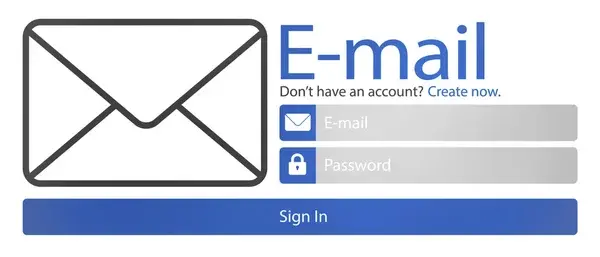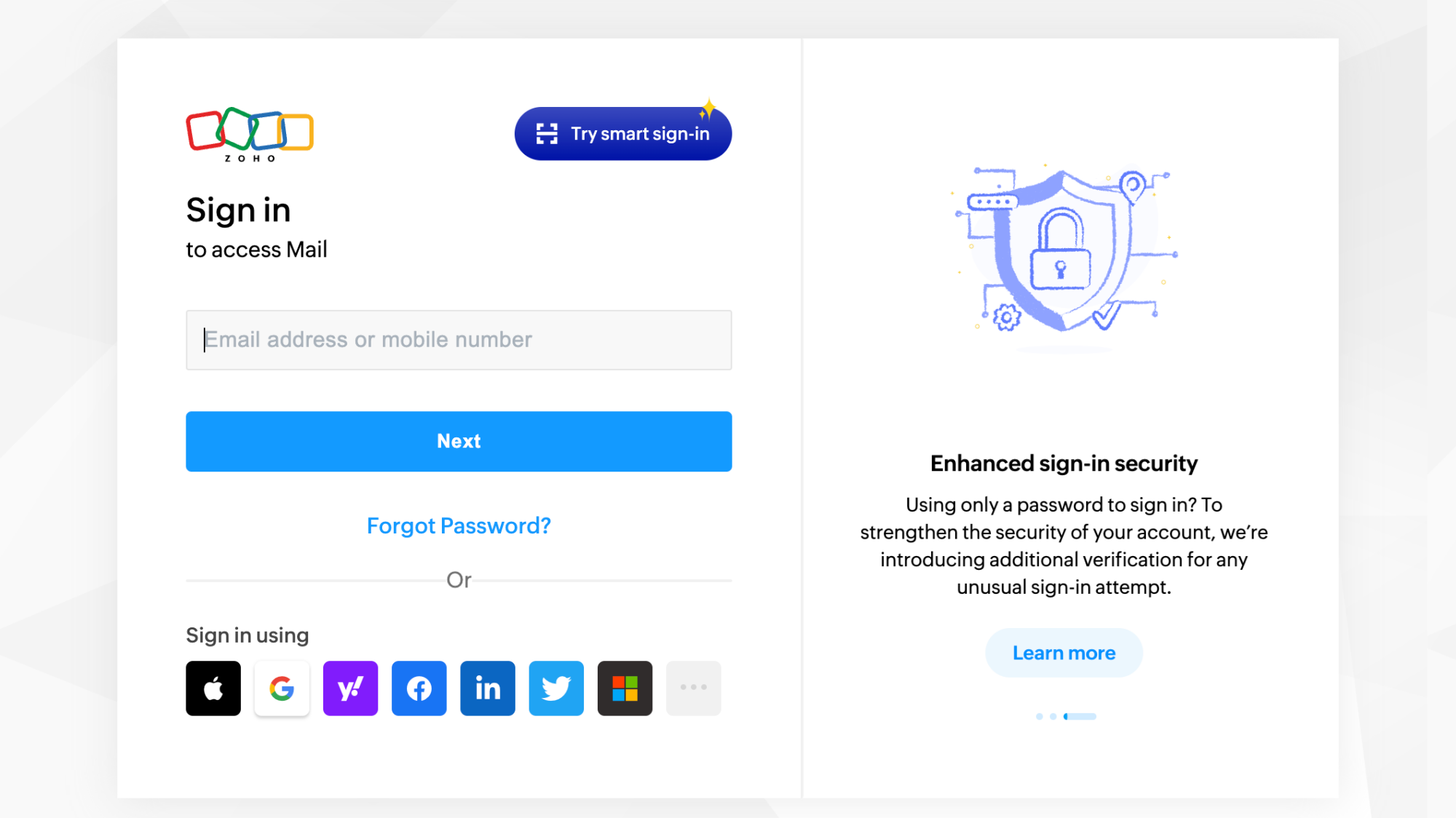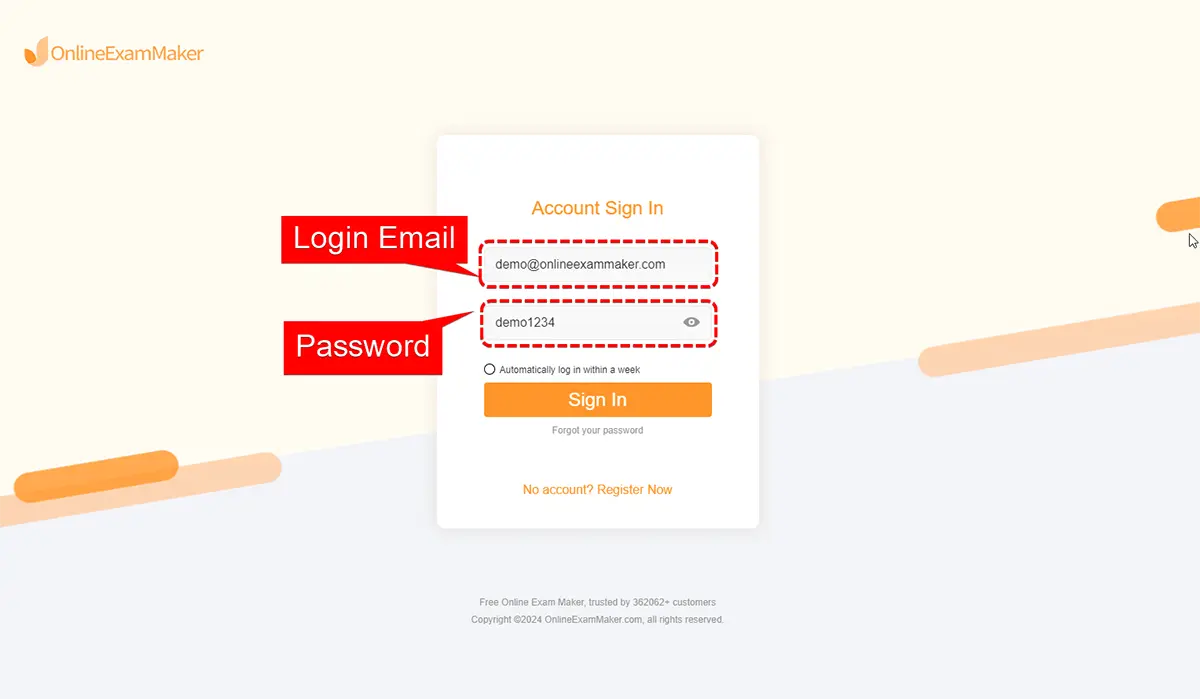1. Gmail (Google Workspace Essentials)
Overview
Gmail is a widely used email service that integrates seamlessly with Google Workspace, making it an excellent choice for team collaboration.
Collaboration Features
- Google Drive: Easily share and collaborate on documents, spreadsheets, and presentations.
- Google Meet: Built-in video conferencing tool for team meetings.
- Google Chat: Integrated messaging for real-time communication.
- Shared Calendars: Schedule meetings and events with team members.
- Add-ons: Access to various third-party applications to enhance productivity.
Limitations
- The free version uses a
@gmail.comaddress. For a custom domain, consider upgrading to Google Workspace.
2. Outlook.com (Microsoft 365)
Overview
Outlook.com offers a robust email platform with strong integration with Microsoft Office applications, ideal for team collaboration.
Collaboration Features
- OneDrive: Share files and collaborate on documents in real-time.
- Microsoft Teams: Integrated chat and video conferencing capabilities.
- Shared Calendars: Coordinate schedules and plan meetings easily.
- Task Management: Use Microsoft To Do to manage tasks and projects collaboratively.
Limitations
- The free version uses an
@outlook.comaddress. For a custom domain, you would need to upgrade to Microsoft 365.
3. Zoho Mail
Overview
Zoho Mail is designed specifically for businesses and offers a suite of collaboration tools.
Collaboration Features
- Zoho Workplace: Access to a suite of applications including Zoho Docs, Zoho Projects, and Zoho Cliq for messaging.
- Integrated Calendar: Schedule meetings and share calendars with team members.
- Task Management: Manage tasks and projects directly from your email interface.
- Custom Domain: Use your own domain even on the free plan (up to 5 users).
Limitations
- The free plan offers limited storage (5 GB per user) and features compared to paid plans.
4. ProtonMail
Overview
ProtonMail is known for its focus on security and privacy, making it suitable for teams that prioritize data protection.
Collaboration Features
- End-to-End Encryption: Secure communication for sensitive information.
- Proton Drive: Secure file storage and sharing (available in paid plans).
- Proton Calendar: Integrated calendar for scheduling events (available in paid plans).
Limitations
- The free version has limited storage (500 MB) and fewer collaboration features compared to other providers.
5. Mail.com
Overview
Mail.com offers a straightforward email service with various domain options and some collaboration features.
Collaboration Features
- File Storage: 65 GB of free storage for files, allowing easy sharing.
- Online Calendar: Integrated calendar for scheduling and event management.
- Custom Domains: Choose from over 200 domain options for your email address.
Limitations
- While it offers basic collaboration tools, it lacks the advanced features found in dedicated productivity suites.
Conclusion
For teams looking for a free business email solution that supports collaboration, Gmail and Outlook.com are the top choices due to their extensive integration with productivity tools and features. Zoho Mail is an excellent option for businesses that want a dedicated email service with collaboration capabilities. ProtonMail is ideal for teams prioritizing security, while Mail.com offers basic features for straightforward email communication. Depending on your team's specific needs, one of these providers should fit your requirements for effective collaboration.




